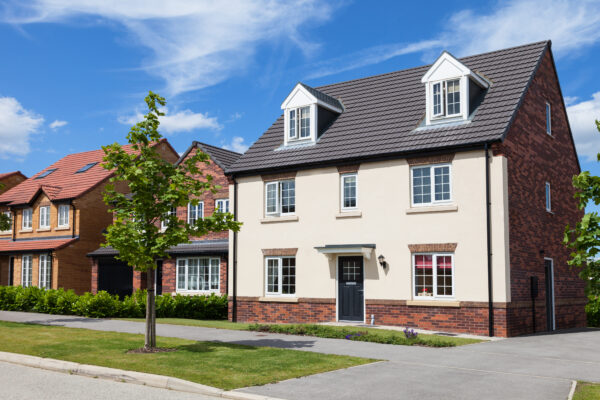Buy tickets now
Court of Appeal win on s10 (7) of Party Wall Act 1996

Patel & Anr v Peters & Others[2014] EWCA Civ 335
A late response to a s10(7) request under the Party Wall etc Act 1996 can prevent the making of an ex parte award.
Three ex parte awards under s10(6) and s10(7) of the Party Wall etc Act 1996 were made by the surveyor for three adjoining owners determining the quantum of his own fees, payable by the building owner. The building owner’s surveyor and the adjoining owner’s surveyor had been for some time at odds as to how the quantum of fees should be determined. The adjoining owner’s surveyor wanted them to look at his manuscript time sheets. The building owner’s surveyor wanted to judge on the basis of the time a competent surveyor should have spent on the matter.
The basis for the ex parte awards, as argued by the Respondent adjoining owners, was that the surveyor had served a s10(7) request, and that the building owner’s surveyor had neglected to act effectively within the 10 day period beginning with that request, and had refused to act effectively under s10(6) because he would not look at the time sheets. However, in a letter dated after the 10 day period but before the awards, the building owner’s surveyor had set out the quantum of fees he said should be awarded. The Appellants, represented by Nicholas Isaac and Cecily Crampin, argued that HHJ Hand QC’s decision at first instance was wrong in that this was neither a refusal nor a neglect to act effectively, and that since HHJ Hand QC was right to say that an effective act after the 10 day period would prevent an ex parte award under s10(7), the three awards were invalid. The Court of Appeal agreed. As Richards LJ says at para 26 of the judgment, “… there is nothing in the subsection to suggest that if the ‘defaulting’ surveyor brings his neglect to an end and acts effectively after the expiry of the 10 day period but before the requesting surveyor has proceeded to act ex parte, the requesting surveyor can nevertheless still proceed to act ex parte…”
The Court of Appeal suggested that the case turned on its own facts. There are however additional interesting points which arise from the judgment. Both HHJ Hand QC at first instance and Richards LJ in the Court of Appeal queried whether s10(6) and s10(7) should or could be used in a case like this where a third surveyor has been appointed and a s10 (10) or s10(11) award is available. As Richards LJ said at para 20 this “was a classic situation for the involvement of the third surveyor, not for one of the surveyors to proceed ex parte”. What then is the purpose of s10(7), which is available even though the third surveyor is appointed? “[T]he evident purpose of section 10(7) [is] the avoidance of delay occasioned by the failure of one of the surveyors to act effectively in relation to a particular matter” (para 27).





